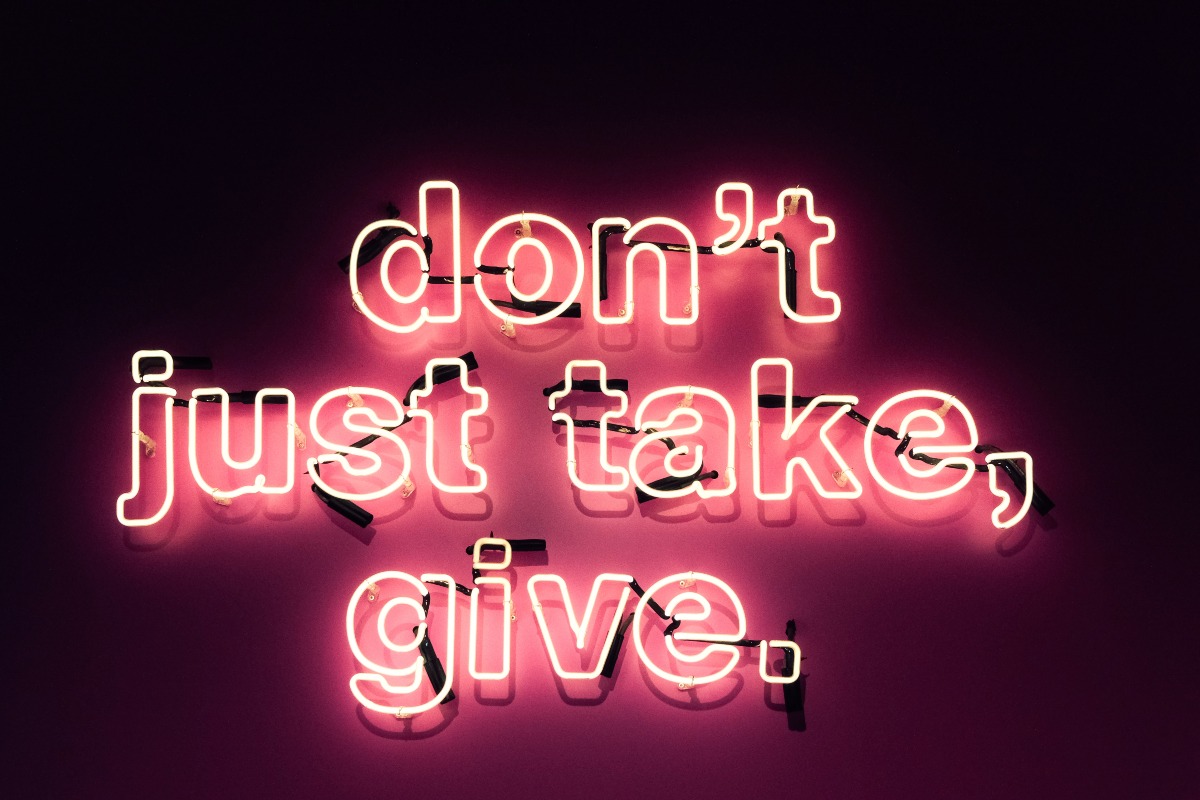
There is no doubt that several programs, particularly 12-step programs, push service to others as part of a recovery plan. Yet, does having empathy, compassion, and being in service help you recover and heal?
Empathy can be a double-edged sword; perhaps you have developed a substance use disorder (SUD) or trauma because you are sensitive and empathetic. Such sensitivity towards others can create a trauma response that can drive your SUD. On the other hand, SUD can also be used as an avoidance to shut down empathy and compassion. So, where is the middle ground?
Does Having Empathy and Compassion for Others Help You in Recovery?
Substance use disorder, by its nature, causes you to develop relatively selfish behaviors. During active substance use, the focus becomes the substance. As a result, isolation and avoidance of personal relationships happen, but these behaviors are not necessarily due to a lack of empathy or compassion; they are simply by-products of SUD.
When you make changes to heal, your basic nature, compassion, and empathy are still there, so embracing them is important. By helping peers and volunteering, you can redirect your focus to positive activities and help peers and yourself. Being in service offers camaraderie and support that benefits everybody.
How Does Being in Service to Others Help You Recover and Heal?
- Being in service while in recovery is the polar opposite of the selfishness that goes with active substance use
- Volunteering is a hands-on interaction; it shuts down your tendency to isolate yourself and pushes you into social situations
- Volunteering forces feelings and emotions to be dealt with rather than suppressed or ignored
- Volunteering and helping your peers will keep you focused on recovering
- When you help people, it feels genuinely good and therefore rebuilds your self-esteem based on something real and tangible
What Are the Benefits of Volunteering While You Are in Recovery?
- You provide and receive the benefit of having peers who know and understand what you are dealing with
- When you have peers who are helping you and who you are helping, you eliminate loneliness and isolation
- You relearn teamwork and leadership skills and build healthy friendships
- Volunteering gives your life a purpose
What is the relationship between compassion, empathy, and substance use disorder? Compassion, empathy, and substance use disorder are very much connected. At The Guest House, we believe that when you do not have empathy or compassion, it affects your ability to embrace or even have relationships with peers and family. It makes it nearly impossible to build meaningful, healthy, and lasting relationships. Developing empathy and being in service to others contributes to a healing environment while in recovery. The more you serve others, the more empathy, compassion, and understanding you develop. To learn more, call us today at (855) 483-7800.